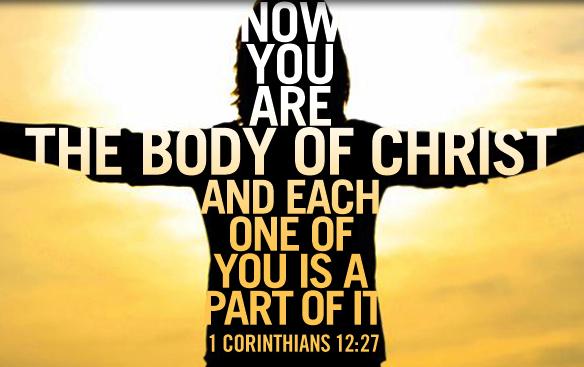I don’t do New Year’s resolutions. I do, however, conduct a daily assessment of God’s direction in my life. That, I think, should be the real resolution for all of us. Writing this blog has been a part of God’s direction for me for nearly twelve years now. The goal is the same as when I started it in 2008: dedication to Biblical principles in life, whether that be with respect to our personal relationship with Christ, commentary on the culture, or analysis of government and politics.

I remain convinced that the Lord wants me to write about how His principles are to be the guide for all of life, both personally and throughout society. As a professor of history and government, I have just as much responsibility to comment on how those principles apply to government as to one’s personal life. I admit, though, that it’s more satisfying to focus on what most people would call the “spiritual side.”

It’s tempting to spend all my time and effort writing only about the Christian worldview as it has been expressed by people like C. S. Lewis. Ever since my sabbatical a few years ago, more of my commentary has been on the insights that he, and others like him, have offered believers. Authoring a book on Lewis has been one of the high points of my life. Now I teach a course on him at the university and a number of courses on his writings at my church. Nothing has been more spiritually enriching than this endeavor.
My devotional life also has been transformed over the past few years. I begin my days reading not only the Bible, but other helps in my spiritual understanding. Currently, I am finishing G. K. Chesterton’s Everlasting Man. Works by Dorothy Sayers such as The Mind of the Maker have made a deep impression on me. Through Sayers, I am now journeying through her translation of Dante’s The Divine Comedy, a classic that I had never attempted to read previously.
Yet, as mentioned above, there is that other ministry God has given me as a teacher and commentator on history and current events. That’s not always as satisfying, as it involves more controversy. How often have I sought to distance myself from this other ministry? More often than you might think. There was a time nearly two decades ago when I was so disillusioned with what happens to Christians when they immerse themselves in politics that I almost gave in to the idea that we should remove our presence from that arena. The temptation is strong today once again as I survey the division in Christendom over what is transpiring politically.
Yet I can’t turn my back on what God has called me to do.

No Christian is to give allegiance to a human government or any human being over God and His Word. That is one of my objectives when I write about current events. A second objective is to point out how Biblical principles are to be honored in government. The concept of the rule of law—that no one, not even a president, is above the law—is profoundly Biblical at its roots. The requirements in God’s Word for the character a political leader should possess should never be set aside, not even for the observation that all have sinned. Are we to place unrepentant sinners in control of our affairs? I prefer those who, in humility, can acknowledge their need of a Savior.
Christians in general, and the evangelical world within Christendom, in particular, are at a crossroads, I believe. What are we willing to excuse in our leaders? Are we putting too much emphasis on our “place at the table” at the expense of the degradation of our witness?
Those are the areas in which the disagreements arise. My pledge is as follows:
First, I will speak what I believe God wants me to speak, without apology.
Second, I will attempt to give good reasons for what I believe to be the proper course to follow.
Third, I will do so without demeaning those who disagree with me. I will not resort to the kinds of personal insults, snarky comments, and unchristian attitudes that sometimes seem to permeate our national “conversation.”
In all things, I want to bring healing, especially to the Body of Christ. We can have a unity of spirit until we are eventually brought to a unity of mind. After all, the Kingdom of God is immeasurably more significant than any kingdom of man.

May we strive to achieve what Jesus exhorted at the Last Supper:
This is My commandment, that you love one another as I have loved you. Greater love has no one than this, that he lay down his life for his friends.
John 15:12-13
If we fail in that, we have failed in everything.
